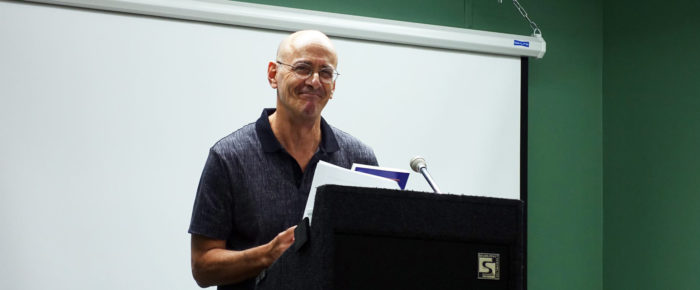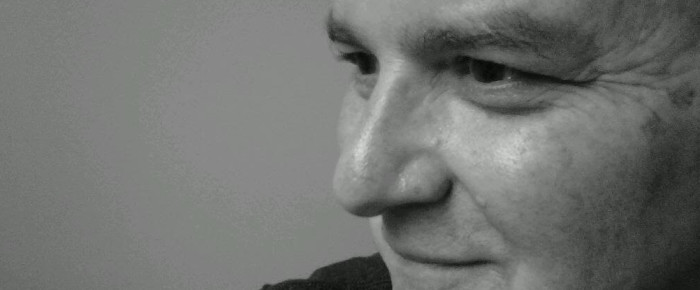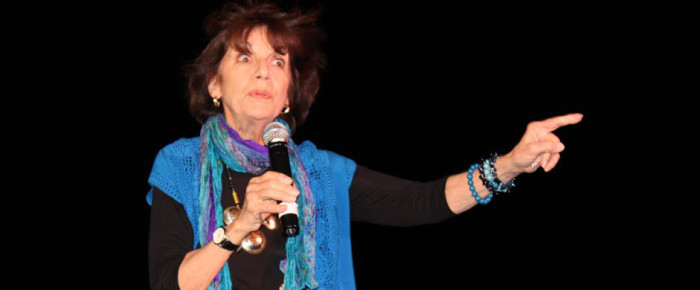In “Playing Catch with Strangers,” an essay published in The New York Times in 2015, Bob Brody writes that he played catch with his father only once in his life. “That summer…
Read moreAuthor Bob Brody on “Playing Catch with Strangers”


In “Playing Catch with Strangers,” an essay published in The New York Times in 2015, Bob Brody writes that he played catch with his father only once in his life. “That summer…
Read more
Bobby Gonzalez has had practically every job you could think of — from a medical records clerk in a hospital to customer service at a utility company. However, he says…
Read more
Anthony Giovanniello grew up in an Italian-American household in Queens, NY, but for as long as he can remember, he says he’s had an affinity for Asian culture. “My parents…
Read more
Barbara Aliprantis jokes that she started listening in utero. She was born with a superb memory, an expressive voice, and a vivid imagination – the recipe for the perfect storyteller.…
Read more
Elizabeth Schwartz, a 64-year-old native New Yorker, has always had a fascination with languages. She majored in French in college, she has traveled to four continents, and she is proficient…
Read more